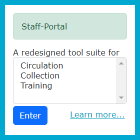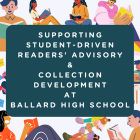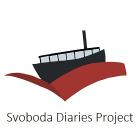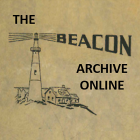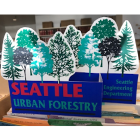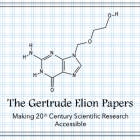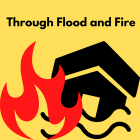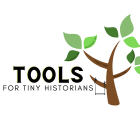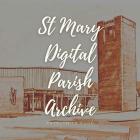
St. Mary Digital Parish Archive
Saint Mary Catholic Church in Corvallis, Oregon, was founded in 1861. Its parish archive opened in 1981. Unfortunately, the archives are tucked in a locked room in the parish hall, preventing newcomers from learning the history of the parish. A website was created to solve this information problem: attached to the main parish website, this site allows parishioners, community members, and those interested in church history to connect with these artifacts. This online resource serves as a door-opener: delivering a portrait of the 160-year history of the parish.

